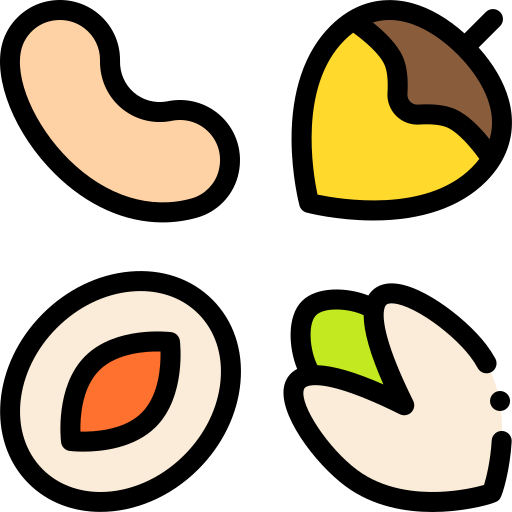A Mediterranean diet contains more fruit, vegetables, nuts, fish and olive oil than other diets designed to prevent cardiovascular disease (Bach-Faig A et al. 2011)
Foods to eat every day
Foods to eat at least twice a week
Foods to eat in moderation
A Mediterranean diet provides:
- All essential nutrients, vitamins, and minerals
- Hundreds (if not thousands) of antioxidant and anti-inflammatory phytochemicals (chemicals found only in plants)
Illnesses prevented or improved by a Mediterranean diet include:
- High blood LDL cholesterol, high blood pressure and associated heart and circulatory disease
- Obesity, diabetes, metabolic syndrome and non-alcoholic fatty liver disease (NAFLD)
- Cancer — esophageal, postmenopausal breast, colon, rectal, uterine, gallbladder, stomach, kidney, liver, cholangiocarcinoma, ovarian, pancreatic, thyroid, meningioma, multiple myeloma
- Depression and anxiety
- Dementia
- Parkinson's disease
- Infections (including COVID-19)
- Inflammatory diseases such as osteoarthritis, diverticulitis, rheumatoid arthritis, lupus, multiple sclerosis, ulcerative colitis, and Crohn's disease
KEY nutrients in a Mediterranean diet
A Mediterranean diet is a rich source of all vitamins
Vitamin A & carotenoids
Vitamin A in fish oils, cheese, eggs. Carotenoids in carrots, sweet potatoes, green leafy veg, red bell peppers, mangoes
IMPORTANT MINERALS PROVIDED BY A Mediterranean diet
Iron (heme and non-heme)
Heme iron (15–35% absorption). Rich sources are red meat, poultry, fish & seafood, eggs. Non-heme iron (2–20% absorption). Rich sources are legumes, tofu, tempeh, dark leafy greens, wholegrains, nuts & seeds, dried fruit, 70+% cocoa chocolate
















